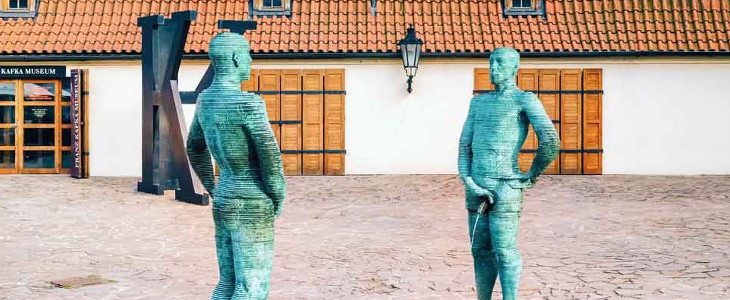60 AD – Urine Tax
Strange as it may seem today, in Ancient Rome, urine was a valuable commodity. It was collected from the cesspools where the lower classes of society emptied their small pots, and the public toilets which the upper classes used, and recycled. The Roman’s used the urine to bleach/clean clothes, make leather soft, dye clothes, make gunpowder, and to whiten their teeth.
The Roman emperor Nero (37AD – 68AD), requiring extra funds to undertake capital works programmes, enacted a urine tax, known as the vectigal urinae, on the buyers of urine. Although the tax was eventually removed, it was re-enacted around 70 AD with the succession of Emperor Vespasian. Vespasian, was known for his love of money and ruthless taxation. He re-applied the tax to urine collection, and extended it to the use of public toilets. The urine tax helped fund the construction of Rome’s Colosseum. The Colosseum was constructed in 72AD – 80AD and is the largest amphitheatre ever built.
When Vespasian’s son, Titus, expressed his disgust over the urine tax, the emperor simply showed his son several gold coins and asked — ‘See, my son, if these have any smell.’ When Titus agreed that they had no odor, Vespasian replied — ‘… and yet, they come from urine!’ The phrase ‘Pecunia non olet’ is still used today to say that the value of money is not tainted by its origins.
Tax planning to avoid the urine tax involved illegally sourcing urine, or buying it on the ‘black market’.
"You’d be stupid not to try to cut your tax bill and those that don’t are stupid in business"
- Bono: U2





